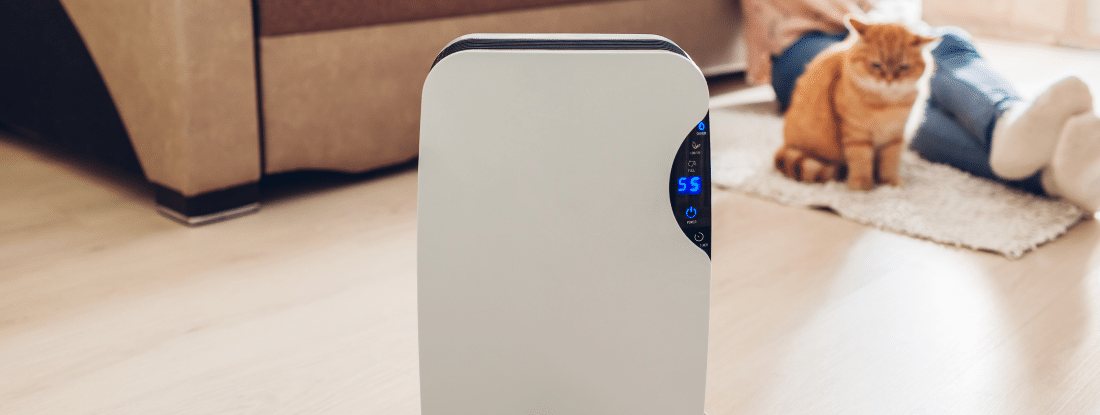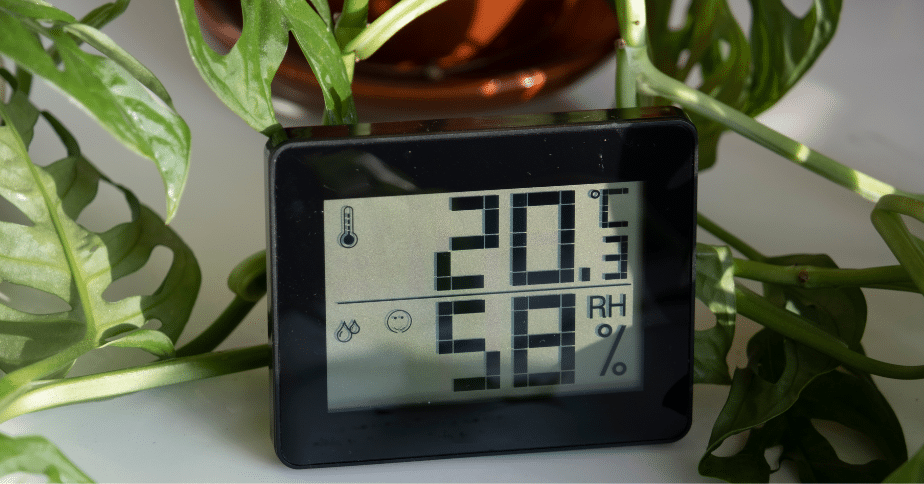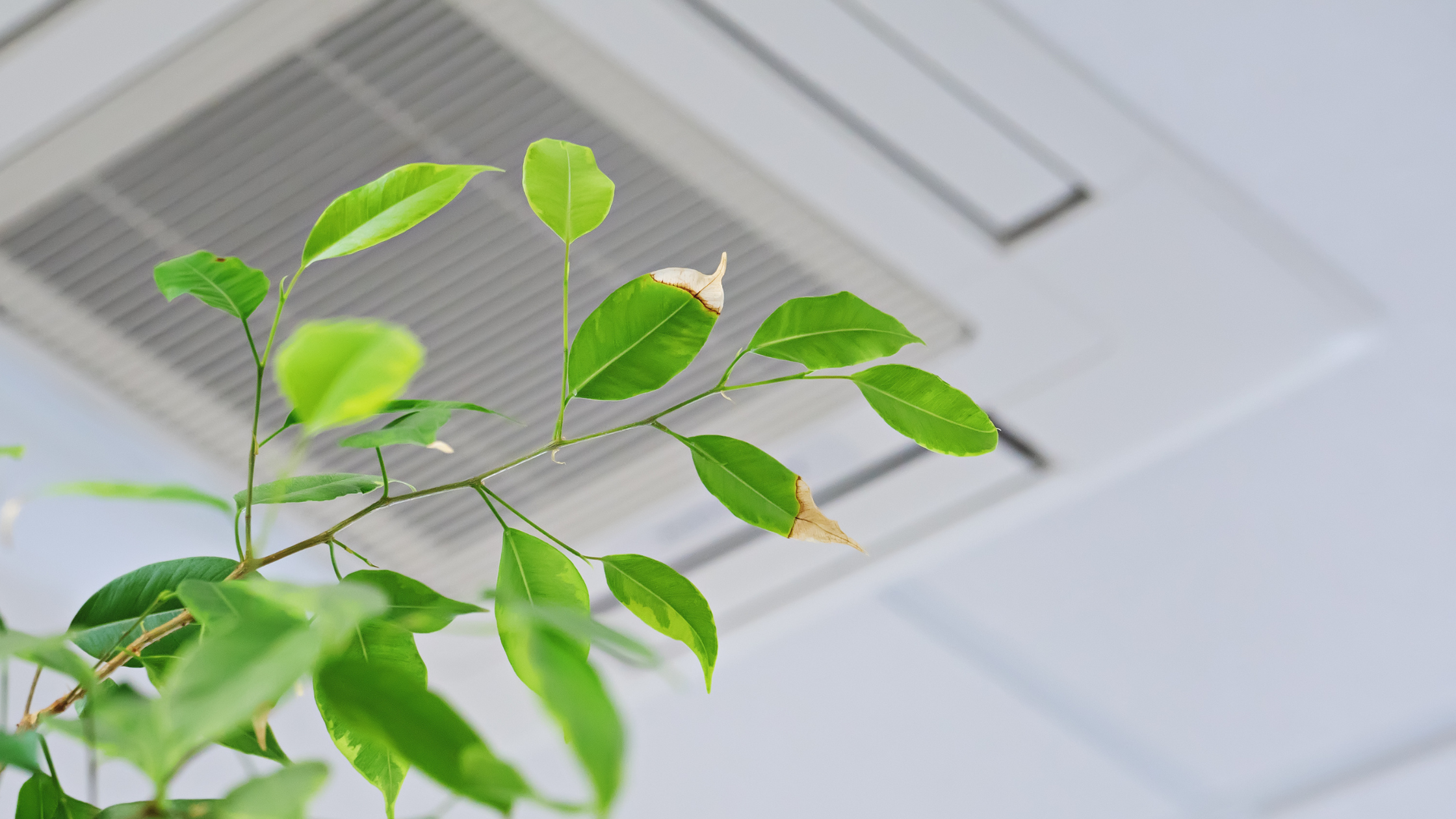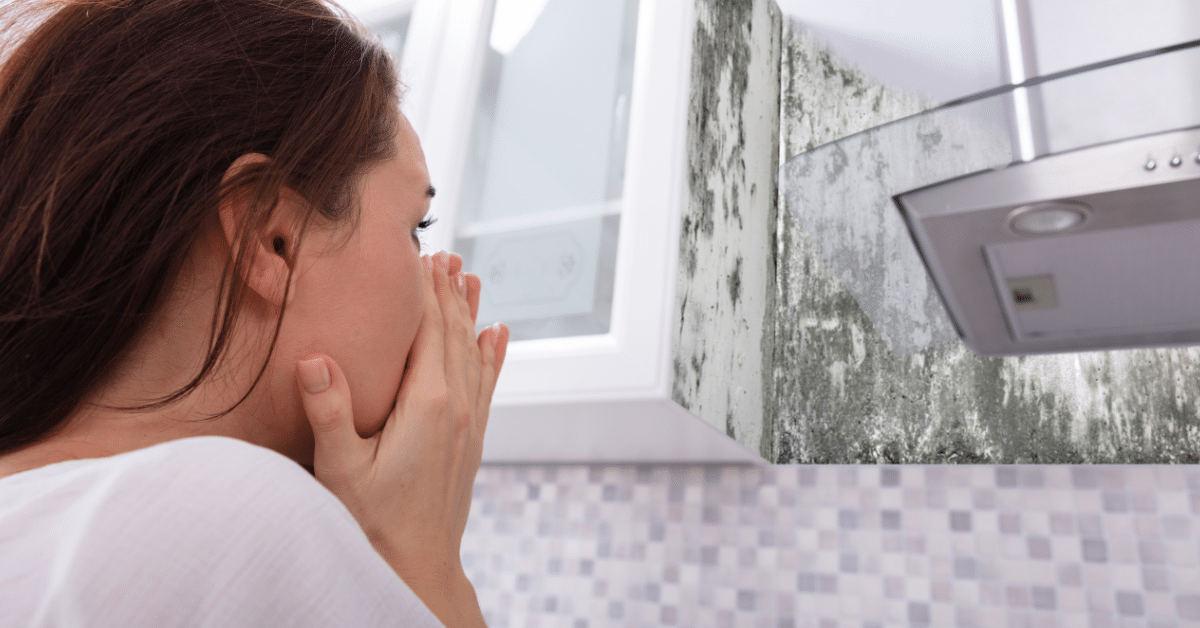Which Type of Air Purifier Works Best Against COVID?

With COVID attacking homes, businesses, and schools, it is important to take every precaution against poor indoor air quality. While air purifiers are designed to rid the air of harmful allergens and pollutants, can they protect you from a virus? Let’s take a closer look at how each type of air purifier works, as well as which type of air purifier works best against COVID.
The Different Types of Air Purifiers
Each type of air purifier works to accomplish the same task using different methods. For the most part, air purifiers work as either filters or sanitizers. Filters capture small particles and trap them, removing them from air circulation. On the other hand, sanitizers kill the bacteria in toxins rather than trapping the toxins themselves.
Naturally, the different approaches result in different strengths. While we could discuss many types and styles of air purifiers, the following 3 tend to be the most effective.
1. HEPA Filter
High Efficiency Particulate Air Filters (or HEPA filters) have been around awhile. They are affordable, easy to install, and effective. As particles pass through the air, they get caught in the filter and are unable to pass through anymore. HEPA filters capture 99% of particles in one pass and only need to be changed every few years. Of course, HEPA air purifiers are not perfect. While they do help remove viruses from the air, keep in mind that you are more likely to get sick from coming in contact with an infected surface.
2. UV Light
A UV light air purifier is an example of a sanitizer. Rather than capturing harmful pollutants and holding them captive, UV light purifiers use powerful rays to kill any viruses or allergens floating through the air. However, it takes more than a single pass. If a virus is strong enough, it has to pass through a UV light 30-40 times before being killed, making UV light purifiers a little impractical against COVID. Additionally, concentrated UV light can be harmful to your eyes and skin in large amounts.
3. Ionizer
When it comes to air purifiers, ionizers perhaps take the most interesting approach. You probably know that the air around you is filled with positive and negative ions. Positive ions tend to carry harmful particles like dust, bacteria, and viruses, while negative ions usually act as the “cleanser.”
A great way to visualize this is to imagine the outside air before a storm. It usually feels stuffy and dirty before the storm begins because the air is filled with positive ions. However, the rainfall provides negative ions, which cleanses the air and makes everything feel fresh and breathable.
Ionizers use electricity to release negative ions into the air. The negative ions attract the positive ions, which carry allergens and viruses. Much like a balloon charged with static sticks to walls and other surfaces, the ions then move toward a nearby surface and remain there until cleaned.
While ionizers are effective when it comes to gathering particles, keep in mind that the effort is pointless unless you regularly sanitize your walls, tables, etc. Otherwise, you are simply transferring the pollutants from the air to surfaces that you use daily.
Should You Invest in an Air Purifier?
Investing in an air purifier rarely hurts the quality of your home’s air. However, whether or not you truly need one largely depends on your circumstances. For example, if you live alone and rarely have company over, the chances of catching COVID from your own home are slim. On the other hand, if you have a big family who constantly tracks in dirt, dust, and other allergens, an air purifier helps keep things clean.
Generally, the best place to put an air purifier is in an office, school, or other shared workplace. Because you and your coworkers reside in separate areas, your germs are foreign to one another. A high-quality air purifying system cuts down on airborne toxins, reducing your chances of getting sick. Additionally, the proper type of purifier can even protect against COVID.
Whatever route you decide to go, make sure to do your research on the right brand, style, and size of purifier. Additionally, don’t trust an air purifier as a foolproof way to maintain good health. Take care to employ additional air quality precautions such as changing your air filter, grooming your pets, and ventilating your home.
How Can We Help You?
Mold, dust, and other pollutants lower your indoor air quality and weaken your immune system. If you notice that you have a problem with mold or mildew in your home, it is best to enlist the help of a professional. Contact AQA if you have any questions or concerns about mold in your home or business. With their combination of experience and knowledge, you can be assured that everything will be handled properly.



